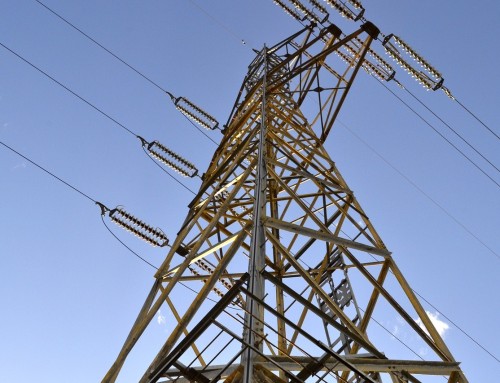
Trucks at the border between Zimbabwe and South Africa. Image credit BBC
ZIMSEC O Level Geography Notes: Trade:Factors influencing world trade
- There are several factors that influence trade.
- Some of these factors are:
- National income
If a country’s income level (national income) increases by a higher percentage than those of other countries, its current account is expected to decrease, other things being equal. As the real income level (adjusted for inflation) rises, so does consumption of goods. A percentage of that increase in consumption will most likely reflect an increased demand for foreign goods.
- Government policies
A country’s government can have a major effect on its balance of trade due to its policies on subsidizing exporters, restrictions on imports, or lack of enforcement on piracy.
- Exchange rates
Exchange rates is the strength of different currencies. Prices of goods, services and raw materials. Each country’s currency is valued in terms of other currencies through the use of exchange rates, so that currencies can be exchanged to facilitate international transactions.
- Restrictions on Imports
If a country’s government imposes a tax on imported goods (often referred to as a tariff), the prices of foreign goods to consumers are effectively increased. Tariffs imposed by the U.S. government are on average lower than those imposed by other governments. Some industries, however, are more highly protected by tariffs than others. American apparel products and farm products have historically received more protection against foreign competition through high tariffs on related imports.
- International laws or rules governing trade, for example, agreements and conferences
In addition to tariffs, a government can reduce its country’s imports by enforcing a quota, or a maximum limit that can be imported. Quotas have been commonly applied to a variety of goods imported by the United States and other countries.
- External and type of funding by agencies such as the International Monetary Fund (IMF), the World Bank and commercial banks.
Some governments offer subsidies to their domestic firms, so that those firms can produce products at a lower cost than their global competitors. Thus, the demand for the exports produced by those firms is higher as a result of subsidies.
Many firms in China commonly receive free loans or free land from the government. These firms incur a lower cost of operations and are able to price their products lower as a result, which enables them to capture a larger share of the global market.
- Available raw materials
A country which is rich in natural resources directly affect the country’s international trade in primary products. Such as Democratic Republic of Congo said which is known as “Mid-Africa gem “, in the national export commodities, because it exports minerals (70% ~ 80%).
- Degree of economic development
Economic development level can directly affect a country’s foreign trade commodity structure and the position in international trade. The United States, Japan and the European Union’s national economic development level is high, the imports and exports accounted for half of the world and the population of the country accounts for only about 1/7 of the world. Developing countries relatively have backward economies, hence foreign trade is relatively less.
- Transport and communication
Countries which are mid-latitude, have moderate climate and located near coastal areas, have convenient transportation and communication which is deemed good for development of international trade. High-latitude climate cold, inland mountainous areas have traffic block, adverse to the development of international trade.
- Political stability
The world’s political relations, the policy of a country also has a big impact to international trade. The gulf war after Iraq’s oil exports plummeted, is due to political reasons. In China since the late 1970s adopted a policy of opening to the outside world, which saw foreign trade developing quickly.
- Bilateral agreements.
Due to the geographical location of the country, countries are forced to develop bilateral trade with its neighbors.
Other factors may include the ones listed below but these can also fall into one of the main factors mentioned earlier.
- World economic order
- Stability, growth or recession in the world economy.
- Degree of diversification and specialization
- Level of TNC investment
- Links with other countries (trading bloc)
To access more topics go to the O Level Geography Notes page




